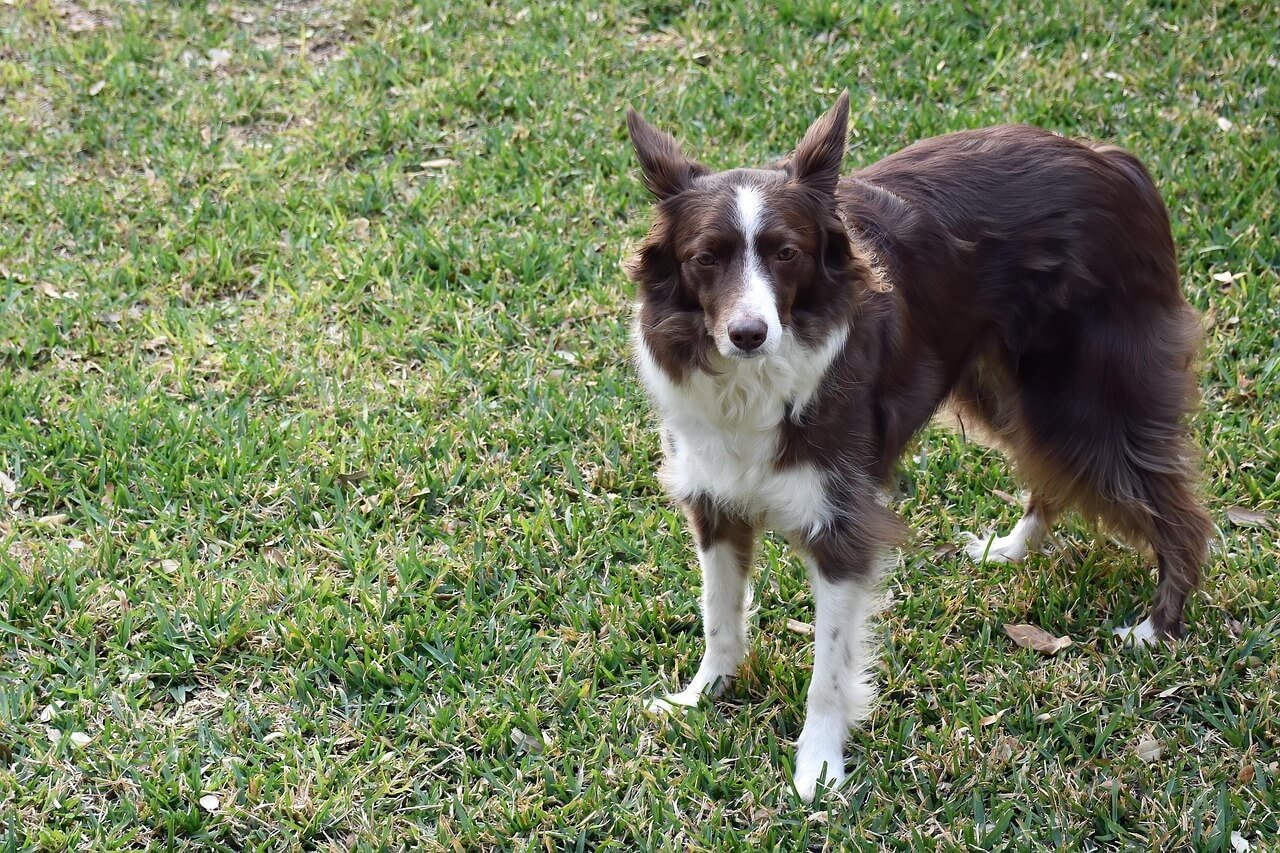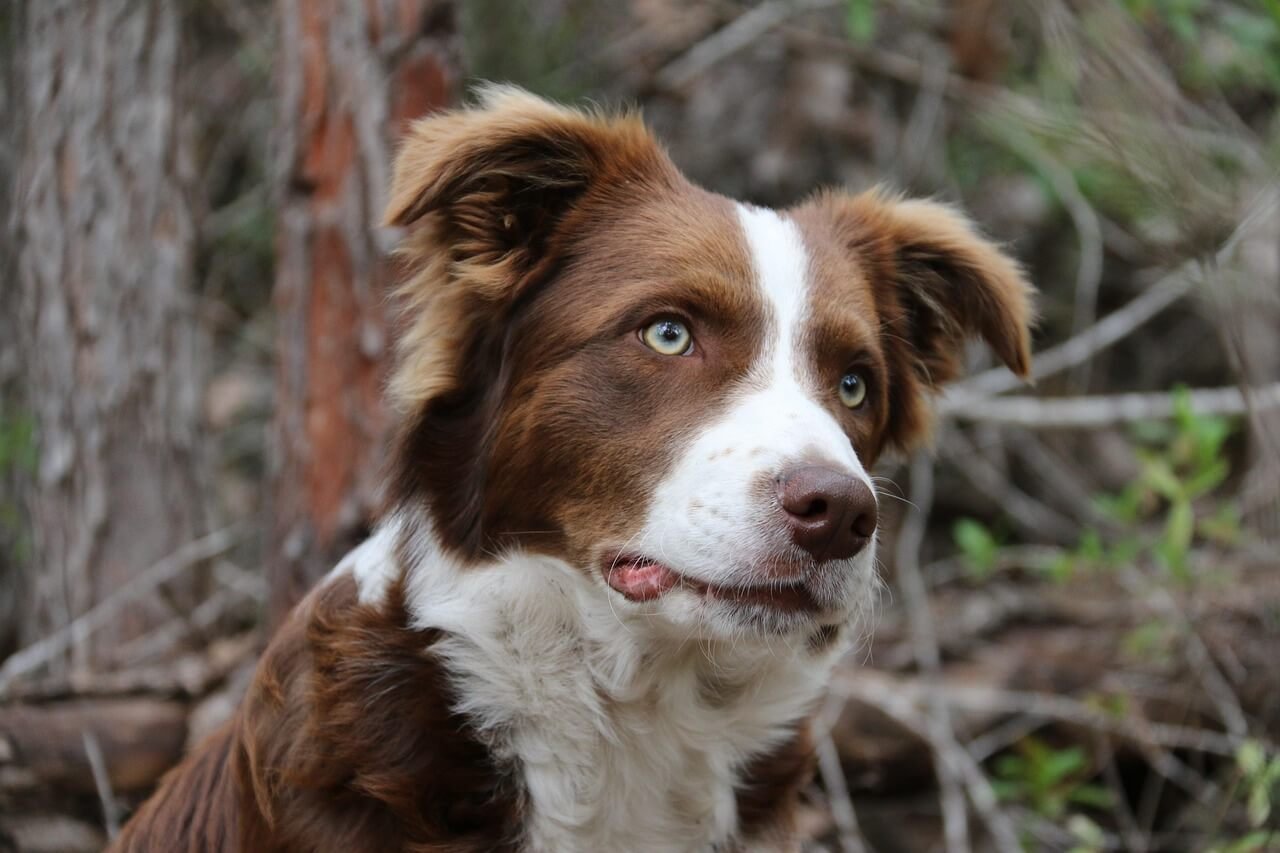Dog Bleeding from The Mouth: Best 7 Expert Tips!
As a dog owner, few things are as alarming as noticing your beloved pet bleeding from the mouth. Whether it’s a small trickle of blood or a more significant flow, this sight can send panic through even the calmest of minds. While occasional minor bleeding might not always indicate a serious issue, persistent or heavy bleeding should never be ignored. Understanding the potential causes, symptoms, and steps to take can make all the difference in ensuring your furry friend receives the care they need. In this blog post, we’ll explore what could be behind this worrying symptom and how you can respond effectively.
Common Causes of Bleeding from a Dog’s Mouth
When your dog is bleeding from the mouth, identifying the underlying cause is crucial for addressing the issue. Here are some common reasons why this might occur:
- Trauma or Injury : Dogs are naturally curious and playful, which can sometimes lead to accidents. Chewing on sharp objects, biting hard surfaces, or even rough play with other animals can result in cuts or abrasions inside the mouth.
- Gum Disease or Periodontal Issues : Poor dental hygiene in dogs can lead to gum infections, gingivitis, or periodontal disease, all of which may cause bleeding.
- Foreign Objects : Small objects like sticks, bones, or toys can become lodged in your dog’s mouth, causing irritation or injury that leads to bleeding.
- Oral Tumors : Although less common, oral tumors can develop in dogs and may cause bleeding if they rupture or irritate surrounding tissues.
- Blood Disorders : Conditions such as clotting disorders or low platelet counts can result in spontaneous bleeding, including from the mouth.
While these causes vary in severity, it’s essential to monitor your dog closely and seek veterinary advice if the bleeding persists or worsens. Early intervention can prevent complications and ensure your dog’s well-being.
Symptoms to Watch for Alongside Bleeding
Bleeding from the mouth is often accompanied by other signs that can provide clues about its cause. If you notice any of the following symptoms, it’s important to take note and share them with your veterinarian:
- Bad Breath (Halitosis) : Persistent foul-smelling breath may indicate an infection or advanced dental disease.
- Excessive Drooling : Increased saliva production can point to discomfort, pain, or the presence of a foreign object.
- Difficulty Eating or Chewing : Reluctance to eat or visible discomfort while chewing suggests pain or injury in the mouth.
- Swelling or Redness : Inflammation in the gums, tongue, or cheeks can signal an infection or trauma.
- Behavioral Changes : Lethargy, irritability, or unusual aggression might indicate that your dog is experiencing significant discomfort.
By paying attention to these additional symptoms, you can help your veterinarian diagnose the problem more accurately. Remember, early detection and treatment are key to resolving issues before they escalate.
Expert Opinion: The Critical Role of Prompt Veterinary Care
“Addressing oral bleeding in dogs without delay is essential, as it can indicate underlying conditions that may worsen if untreated,” says Dr. Emily Carter, a veterinary dentist with over 15 years of experience. “Even seemingly minor symptoms can escalate quickly, making professional evaluation a necessity for your pet’s well-being.”

Pros of Early Veterinary Intervention | Cons of Delaying Treatment |
|---|---|
Quick identification of the root cause | Risk of worsening condition |
Prevents potential complications | Higher treatment costs later |
Reduces unnecessary stress for your dog | Possible spread of infection |
Improves long-term health outcomes | Prolonged discomfort for your pet |
Steps to Take When Your Dog Is Bleeding from the Mouth
If you discover that your dog is bleeding from the mouth, staying calm and taking immediate action is vital. Here’s what you should do:
- Assess the Situation : Check your dog’s mouth gently for visible injuries, foreign objects, or swelling. Be cautious to avoid being bitten if your dog is in pain.
- Rinse the Mouth : Use lukewarm water to rinse away any blood or debris. Avoid using harsh chemicals or human mouthwash, as these can irritate your dog’s sensitive tissues.
- Apply Pressure : For minor wounds, apply gentle pressure with a clean cloth or gauze to stop the bleeding. Do not press too hard, as this could cause further injury.
- Monitor Behavior : Keep an eye on your dog’s overall demeanor and look for signs of distress, such as excessive panting or whining.
- Contact Your Veterinarian : Even if the bleeding stops, schedule an appointment with your vet to rule out underlying issues.
Taking these steps promptly can help stabilize your dog until professional care is available. Remember, your quick response can make a significant difference in their recovery.
Preventive Measures to Protect Your Dog’s Oral Health
Prevention is always better than cure, especially when it comes to your dog’s oral health. By implementing these practices, you can reduce the risk of issues that might lead to bleeding:
- Regular Dental Checkups : Schedule routine visits to the vet for professional cleanings and examinations.
- Daily Brushing : Use a dog-specific toothbrush and toothpaste to maintain good oral hygiene.
- Safe Chew Toys : Provide toys designed for dental health to minimize the risk of injury.
- Balanced Diet : Feed your dog a nutritious diet that supports overall health, including strong teeth and gums.
- Supervise Playtime : Keep an eye on your dog during play to prevent accidents involving sharp objects.
By prioritizing preventive care, you can help ensure your dog enjoys a happy, healthy life free from oral complications. After all, a healthy mouth contributes to a happy pup!
Additional Considerations for Managing Bleeding in Dogs
When dealing with a dog that is bleeding from the mouth, there are additional factors to keep in mind to ensure you’re providing the best possible care. These considerations can help you manage the situation more effectively and prevent future occurrences:
- Stay Calm and Reassuring : Dogs can sense their owner’s emotions. Remaining calm helps your pet feel safer and reduces their stress levels during an already unsettling time.
- Avoid Self-Diagnosis : While it’s tempting to assume the cause of the bleeding, only a veterinarian can provide an accurate diagnosis. Misdiagnosing the issue might delay appropriate treatment.
- Keep Emergency Contacts Handy : Save your vet’s number and the contact information for a nearby 24/7 animal hospital in case of urgent situations.
- Create a First Aid Kit for Pets : Include items like gauze, antiseptic wipes (safe for pets), and a muzzle to prepare for emergencies.
- Educate Yourself on Canine Health : Learn about common health issues in dogs, including symptoms and preventive measures, to act quickly when needed.
By keeping these points in mind, you’ll be better equipped to handle unexpected situations and support your dog’s recovery process. Remember, preparation and knowledge are powerful tools in ensuring your pet’s well-being.
Understanding the Role of Diet in Preventing Oral Issues
A dog’s diet plays a significant role in maintaining their oral health and reducing the likelihood of issues that could lead to bleeding. By making informed dietary choices, you can help keep your dog’s mouth healthy and minimize risks. Here are some key points to consider:
- Choose High-Quality Food : Opt for nutritionally balanced dog food that supports overall health, including strong teeth and gums. Avoid cheap fillers that can contribute to plaque buildup.
- Incorporate Dental Chews : Specialized dental chews are designed to reduce tartar and plaque while promoting healthier gums. Use them as a supplement to regular brushing.
- Limit Sugary Treats : Sugary or starchy snacks can increase the risk of tooth decay and gum disease. Stick to treats specifically formulated for dental health.
- Provide Raw Bones (with Caution) : Raw bones can help clean teeth naturally, but ensure they’re appropriately sized to prevent choking or fractures. Always supervise your dog when chewing bones.
- Hydration is Key : Ensure your dog has access to fresh water at all times. Staying hydrated helps maintain saliva production, which naturally cleanses the mouth.
By focusing on a nutritious and well-balanced diet, you can proactively support your dog’s oral health and reduce the chances of encountering serious issues like bleeding gums or injuries. A healthy diet not only benefits your dog’s mouth but also contributes to their overall vitality and happiness.
Recognizing the Importance of Regular Veterinary Checkups
Routine veterinary visits are a cornerstone of maintaining your dog’s health and catching potential problems early. When it comes to issues like bleeding from the mouth, regular checkups can make all the difference in prevention and early intervention. Here’s why these appointments are so crucial:
- Early Detection of Problems : Veterinarians can spot signs of dental disease, tumors, or other conditions before they become severe or symptomatic.
- Professional Cleanings : Even with daily brushing, professional dental cleanings remove plaque and tartar that at-home care might miss.
- Tailored Advice for Your Dog : Every dog is unique, and your vet can provide personalized recommendations based on breed, age, and health history.
- Vaccinations and Preventive Care : Staying up-to-date on vaccinations and parasite prevention reduces the risk of systemic diseases that could affect oral health.
- Peace of Mind for Owners : Knowing your dog is healthy and receiving expert care allows you to enjoy their companionship without unnecessary worry.
Regular veterinary checkups not only address existing issues but also help prevent future complications. By prioritizing these visits, you’re investing in your dog’s long-term health and happiness, ensuring they remain by your side for years to come.
Frequently Asked Questions About Dogs Bleeding from the Mouth
Is it normal for my dog to bleed slightly after chewing on a bone?
Occasional minor bleeding might occur, but frequent or heavy bleeding requires veterinary attention.
Can I use hydrogen peroxide to clean my dog’s mouth?
No, hydrogen peroxide can irritate your dog’s tissues. Stick to lukewarm water for rinsing.
How can I tell if my dog has a dental issue?
Look for signs like bad breath, swollen gums, or difficulty eating, and consult your vet for a proper diagnosis.
What should I do if my dog swallows a foreign object?
Contact your veterinarian immediately, as swallowing objects can lead to internal injuries.
Are certain breeds more prone to oral health problems?
Yes, smaller breeds and brachycephalic dogs often face higher risks due to crowded teeth or breathing issues.
Conclusion: Prioritize Your Dog’s Health and Well-Being
Seeing your dog bleed from the mouth is undoubtedly distressing, but understanding the potential causes and knowing how to respond can ease your worries. From identifying injuries to practicing preventive care, every step you take contributes to your dog’s overall health. Remember, your veterinarian is your greatest ally in ensuring your furry companion stays happy and healthy. By staying vigilant and proactive, you can provide the love and care your dog deserves, giving them the best chance at a long, joyful life by your side.
Understanding Scabs in Dogs Ears: Best 7 Tips! Learn how to identify, treat, and prevent scabs in your dog’s ears for optimal ear health.
Is Cinnamon Bad for Dogs? Best 7 Health Tips! Discover safe ways to use cinnamon, risks to avoid, and expert advice to keep your dog healthy.
Can Dogs Get Pneumonia from Humans? Best 7 Tips! Learn how to protect your dog, understand transmission risks, and ensure their respiratory health.
Can Dog Urine Make You Sick? Best 7 Health Tips! Learn how to stay safe, prevent illness, and handle exposure to dog urine effectively.





